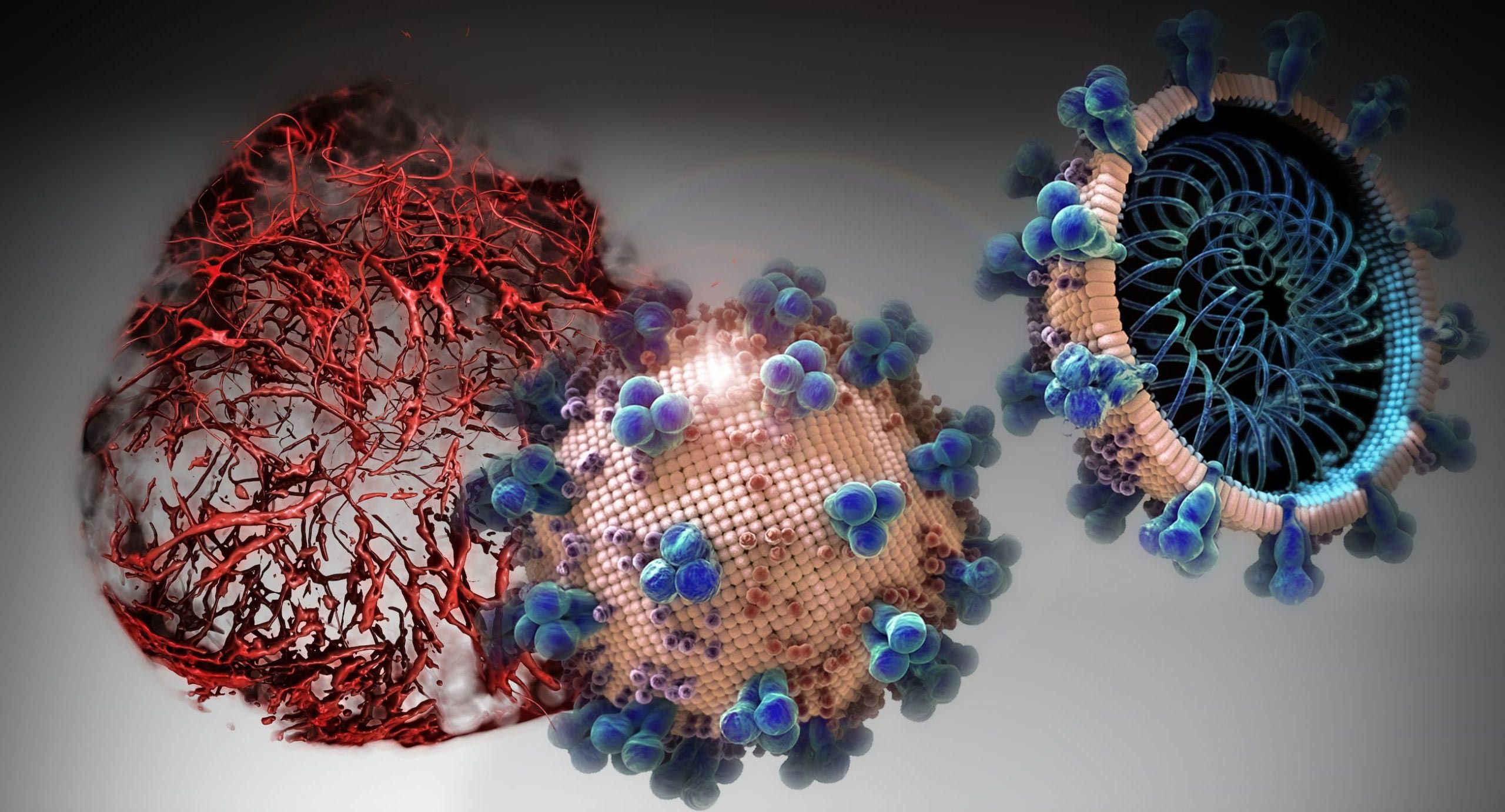This is how you title articles if you want to mislead:
Hydroxychloroquine is the ‘most effective therapy’ for coronavirus treatment: A global survey of over 6,000 doctors shows
Plenty of other articles with vaguely similar titles all sourcing the same Sermo survey, which polled 6227 licenced physicians, from 30 countries, from March 25-28:
The content of the articles using this source generally don't even lie in their bodies, they either selectively copy paste, or gloss over the implications of the data that is incongrous with their article titles.
Anyway, this is the closest thing I can find to a (still anecdotal) "consensus", where a bit over
one-third of physicians say hydroxychloroquine was the most effective treatment of the fifteen options given, where they had seen such treatments used. Degree of effectiveness wasn't mentioned, which is also telling as a treatment of "nothing" was also very high on the list.
Personally, I'd have titled the article: "A third of doctors think hydroxychloroquine might be better than nothing: A global survey of over 6,000 doctors shows". Doesn't have quite the same sensationalist ring to it though.
So yeah, 'science', 'consensus', 'anecdotal' and, depressingly enough, '
most' (which, for the record, never, ever, means 'way less than half')...some terms it would be wise for people to refresh their definitions of before continuing to misuse them.
Note: I'm not making any assessment of the effectiveness of any drug for treating COVID-19. I can't. The data isn't there. And that's the point.


